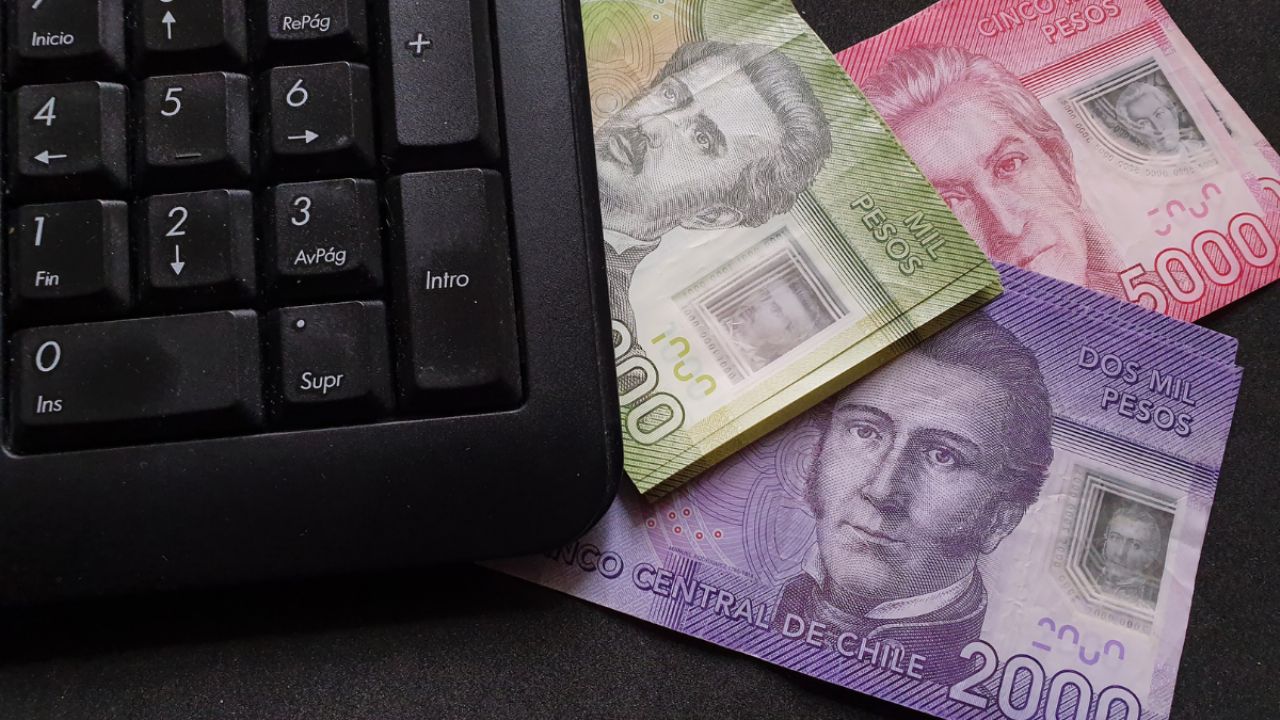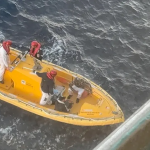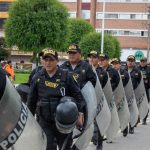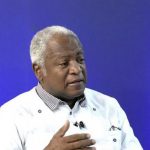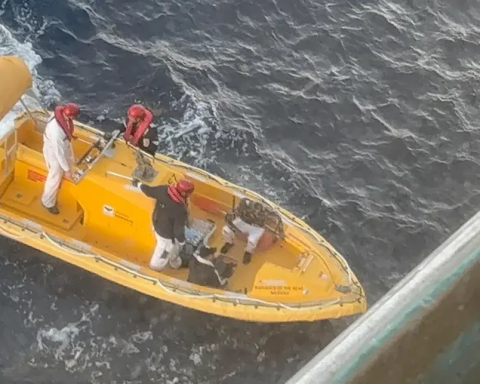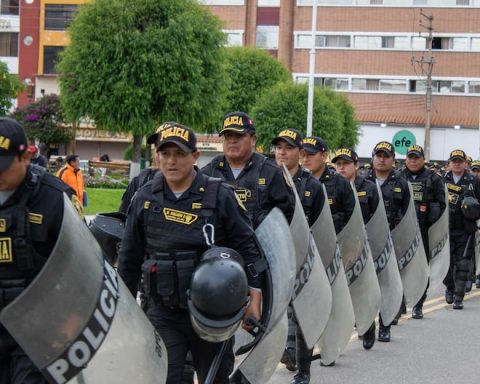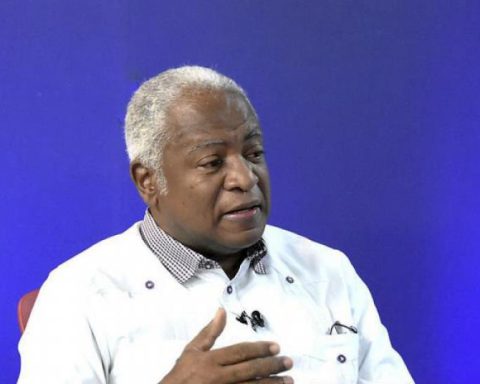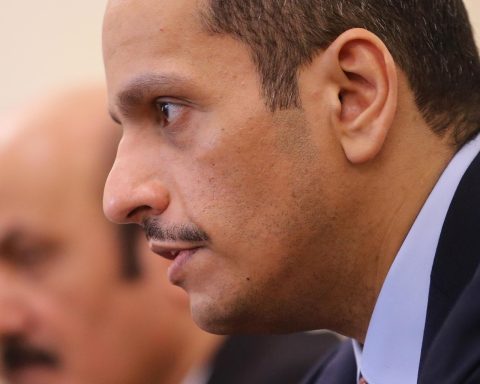The financial education It is necessary to make informed decisions that positively impact quality of life. In Chile, there is a wide range of free courses that allow people of different ages and profiles to acquire knowledge on how to manage their finances efficiently.
The “My Financial Neighborhood” platform, developed by the Association of Banks (ABIF) together with the Faculty of Economics and Business (FEN) of the University of Chile, leads this educational proposal. The courses Offered are online and asynchronous, adapting to different audiences, from children to older adults. Their accessible and free format makes them an ideal tool for those seeking to learn without time or place restrictions.
One of the featured programs is “Hands on,” aimed at entrepreneurs. This course helps strengthen the financial management skills necessary to develop and consolidate businesses. In addition to being flexible, participants who complete the modules during October can participate in a contest with financial prizes. At the end of the courseentrepreneurs receive a certificate issued by the University of Chile, endorsing their learning.
He course “Financial Education for Citizenship” is intended for the general public. Through its modules, participants learn to plan expenses, manage debts, evaluate financing alternatives and understand insurance, among other topics. This comprehensive training seeks to enable people to make sound economic decisions for themselves and their families, promoting financially conscious citizenship.

For teachers, the “Course for Teachers” initiative combines content from finance with pedagogical strategies, equipping teachers with tools to teach these topics in the classroom. More than 660 teachers have already participated, potentially impacting thousands of students. This synchronous course, taught by Saberes Docentes of the University of Chile, reinforces the importance of financial education from an early age.
Finally, the “It’s Never Too Late” program is designed specifically for older adults. Through in-person classes in communities such as Maipú, Providencia and Renca, participants learn about the Universal Guaranteed Pension (PGU), means of payment, and savings and investment strategies. This course seeks to close the financial knowledge gap in this segment, helping more than 500 people to better manage their finances.
